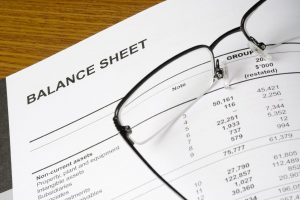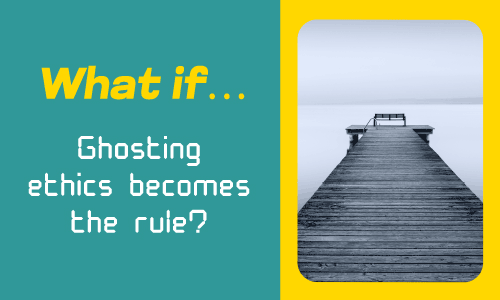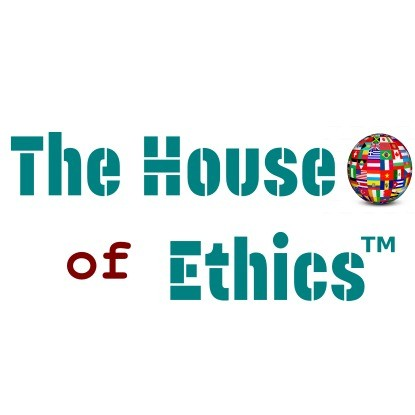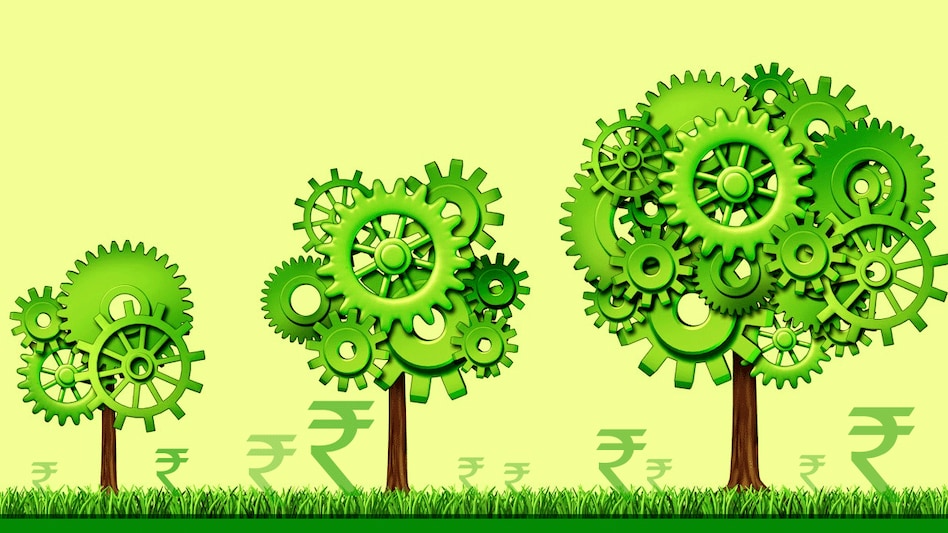Counting carbon…
As a teenager, I still remember certain Sundays spent revising my physics-chemistry exams, with, if I am to believe my family, undeniable consequences on my organic mood …
Long have I been cursing my scientific/mathematics major called “Terminale C”, inescapable back then, the so-called Grail towards a better life, always borderline to seriously boring fine students with a much more literary liking.
Today, I have to admit that it was extremely useful to have been glazing for long hours at Mendeleïev’s chart and chemical formulas …
How beautiful life is, we never stop growing! 😉
Counting carbon … or euros ?

Counting carbon… what a astonishing new activity for us, business leaders. When comes the time of the annual report, it’s euros that we count.
We don’t wait until the annual balance to juggle with euros, because for many of us Excel and its dashboards are evening companions, timelessly spending operational moments to play with our forecasts and refine the direction of our activity.
However, this annual exercice is a memorable ritual that pulls us back to our legal and financial responsibilities, a key moment of the year where requirements attached to our role as leaders crystallize, in one direction … or the other.
Guilty?
Not surprising that the balance sheet exercise, even if it’s on carbon, might prompt certain apprehensions, especially amongst managers of SMEs and VSEs.
Behind the notion of balance sheet lurks the notion of responsibility, and the undermining question of finding a culprit. Pointing to “guilt” in a logic of opposing good / bad or in other words, the dichotomy of public / private with which France is still battling – and where business leaders are in the front row when it comes to enduring its deleterious effects.
In addition, there is a fringe of ecology whose liberalism is barely noticeable, not to say that it radically falls into reactionary dogmatism.

This cocktail proves to be explosive and might scare away our small businesses in a flashlight … avoiding to stumble on greenhouse gas accounting.
For the most resilient ones, still standing on their feet, the emergency exit might be found in marginal practices, between drastic reduction in the scope of their carbon balance or carbon compensation to show communicative neutrality, which is hardly achievable at the scale of a small organization.
A question of focal distance
Actually, the whole issue evolves around focal distance – optics, my favorite subject in science …
How are we considering the carbon footprint, or more exactly the greenhouse gas footprint – since we need to add to the carbon dioxide elements such as water vapor, methane or even nitrous oxide or sulfur hexafluoride which is a halogenated hydrocarbon (very useful during dinners when you want to change the topic after Kant, Spinoza or Kierkegaard).
What is the purpose of the carbon footprint (if you don’t mind, I suggest that we stick to this general common name because without Wikipedia I would be unable to memorize the spelling of our famous halocarbons, just like Kierkegaard by the way? 😉)?
In my opinion, these are the essential questions.
A balance sheet that is none?
Ultimately perhaps, semiological work would be needed as researchers would say or work on the “wording” according to communication specialists, in order to develop the term “balance sheet”.
In fact, the carbon footprint is radically different from the balance sheet. First, because it is widely accepted that a “good” carbon footprint can have a 10-20% error margin – I think my accountant and banker would literally choke on that.

And on the other hand, because its finality is also different. There is one example that I very much like in carbon footprint training which became particularly relevant after this COVID-19 year.
It’s the example of meal trays for airplanes. The question that arises is whether, in the downstream emissions (those generated by the use of the product), the fuel consumption of the planes in which the meal trays are transported must be taken into account.
The answer being yes, there is enough to trigger off a heart attack if we are satisfied with by reading the result through guilty glasses!
Ecological “responsibility”, a primarily strategic activity
That being said, if you look back at this past year being Servair, the heart attack might not be too far away …
The carbon footprint thus provides us with valuable analytical data.
Its objective is not to make us feel guilty about emitting carbon or water vapor (or sulfur hexafluoride …) but to alert us to the level of dependency of our carbon activities, in a world where the low carbon transition is underway.
More a compass than a whip
It’s more a compass than a whip, and it should be used as such by business leaders, deserving a proper place between assessments methods such as Porter, Pestel and SWOT.
The carbon footprint corresponds to my ethical vision of what individual responsibility is but also entrepreneurial responsibility : not a guilt-inducing Judeo-Christian vision tinged with communism (I’m cutting slightly down, I know, though a touching thought for historians specializing in ideology), but a strategic, positive and constructive vision.
The business manager is the one who is responsible for steering the activity, and hence a constant openness to the macro-environment is essential.
Now it has become indisputable that the carbon footprint will be part of our environment, in every sense of the wor(l)d!
- Strategy & GreenEconomy Director Groupe PSB
- Latest posts

Director of Strategy and #GreenEconomy at Groupe PSB, trainer in marketing strategy, I have also been managing two organic stores for 13 years. The environment and CSR are second nature to me. I work in particular with the “ACT Pas-à-Pas” method by ADEME which will allow you to translate your strategy into an operational and effective action plan, associating the objectives of reducing the carbon footprint with the digitization of your company, a brand image adapted to the expectations of current consumers and renewed economic performance. I am also familiar with Bilan Carbone methodologies.
In my career, I have had the chance to work for large groups but also for innovative SMEs, and I quickly adapt to your organizational context to support you throughout our joint projects. A key word: anticipate.
I was trained in the fundamentals of communication and marketing through my career at CELSA and I have a PhD in socio-economic logics of communication.
-
Compter le carbone … Voilà une nouvelle activité bien surprenante pour nous chefs d’entreprise. A l’heure du bilan, celui qui revient tous les ans, c’est d’habitude les euros que nous comptons.






